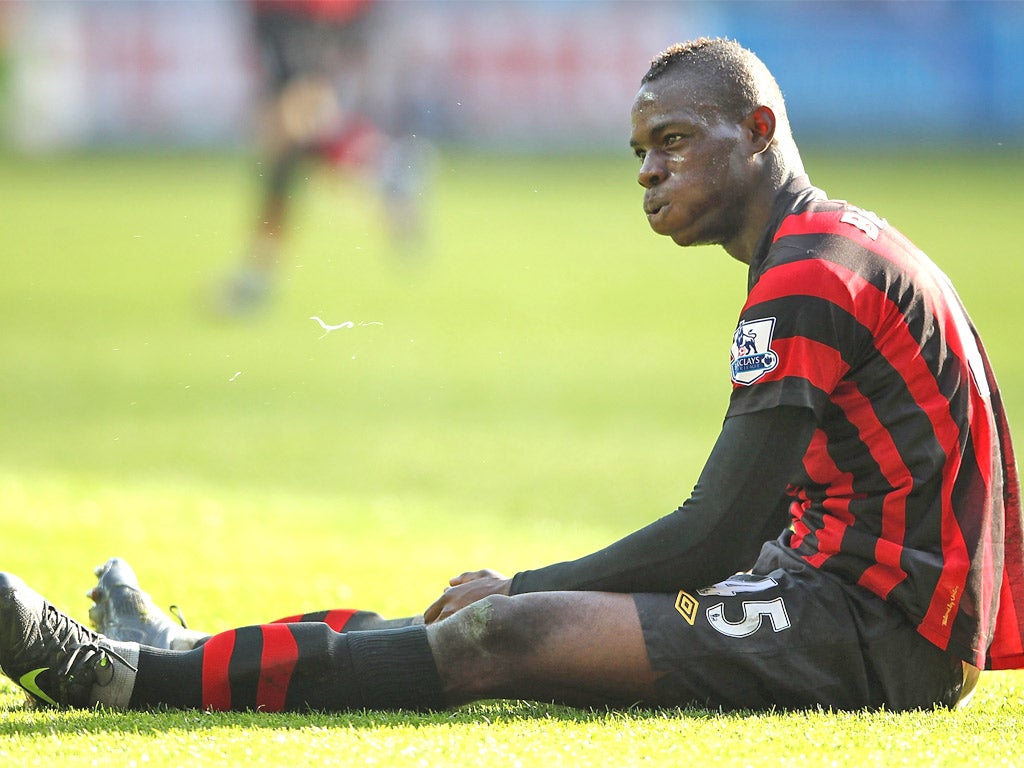Test shows footballers are better at thinking outside the box

Your support helps us to tell the story
From reproductive rights to climate change to Big Tech, The Independent is on the ground when the story is developing. Whether it's investigating the financials of Elon Musk's pro-Trump PAC or producing our latest documentary, 'The A Word', which shines a light on the American women fighting for reproductive rights, we know how important it is to parse out the facts from the messaging.
At such a critical moment in US history, we need reporters on the ground. Your donation allows us to keep sending journalists to speak to both sides of the story.
The Independent is trusted by Americans across the entire political spectrum. And unlike many other quality news outlets, we choose not to lock Americans out of our reporting and analysis with paywalls. We believe quality journalism should be available to everyone, paid for by those who can afford it.
Your support makes all the difference.The antics of the Chelsea defender Ashley Cole, who shot an intern with an air rifle, and Mario Balotelli of Manchester City, who accidentally set his house ablaze with fireworks, hardly inspire confidence in the mental capacities of footballers.
However, Swedish scientists say top players have significantly better cognitive functions than the average person, and are good at solving problems and multi-tasking.
Researchers at the Karolinska Institutet in Stockholm gave 29 players in Sweden's highest leagues a test in design fluency. They were shown a drawing of dots, and had to bind the dots together in as many ways as possible within a minute. Their average score placed them in the top 5 per cent of those who took the exam, and they rated higher than players in lower football leagues.
Liselotte Maurex, who co-wrote a report in the journal Plos One, said: "You might think that by heading the ball, you would get problems with concussion [but the results weren't a surprise]. The test required them to think creatively, and [be] flexible solving problems. It is similar to the game itself, because you need to think of different positions to put yourself in and you need to be pretty fast," she said.
The researchers hope the tests could be useful for football clubs when choosing which young players to develop.
Join our commenting forum
Join thought-provoking conversations, follow other Independent readers and see their replies
Comments